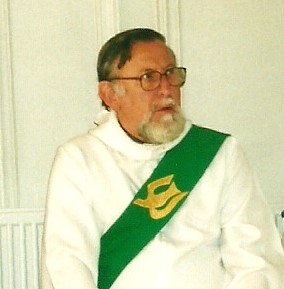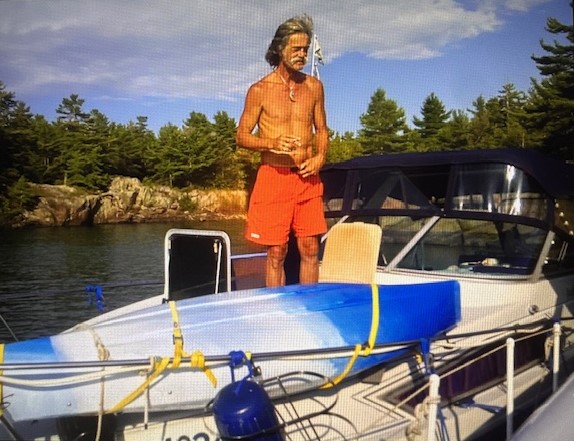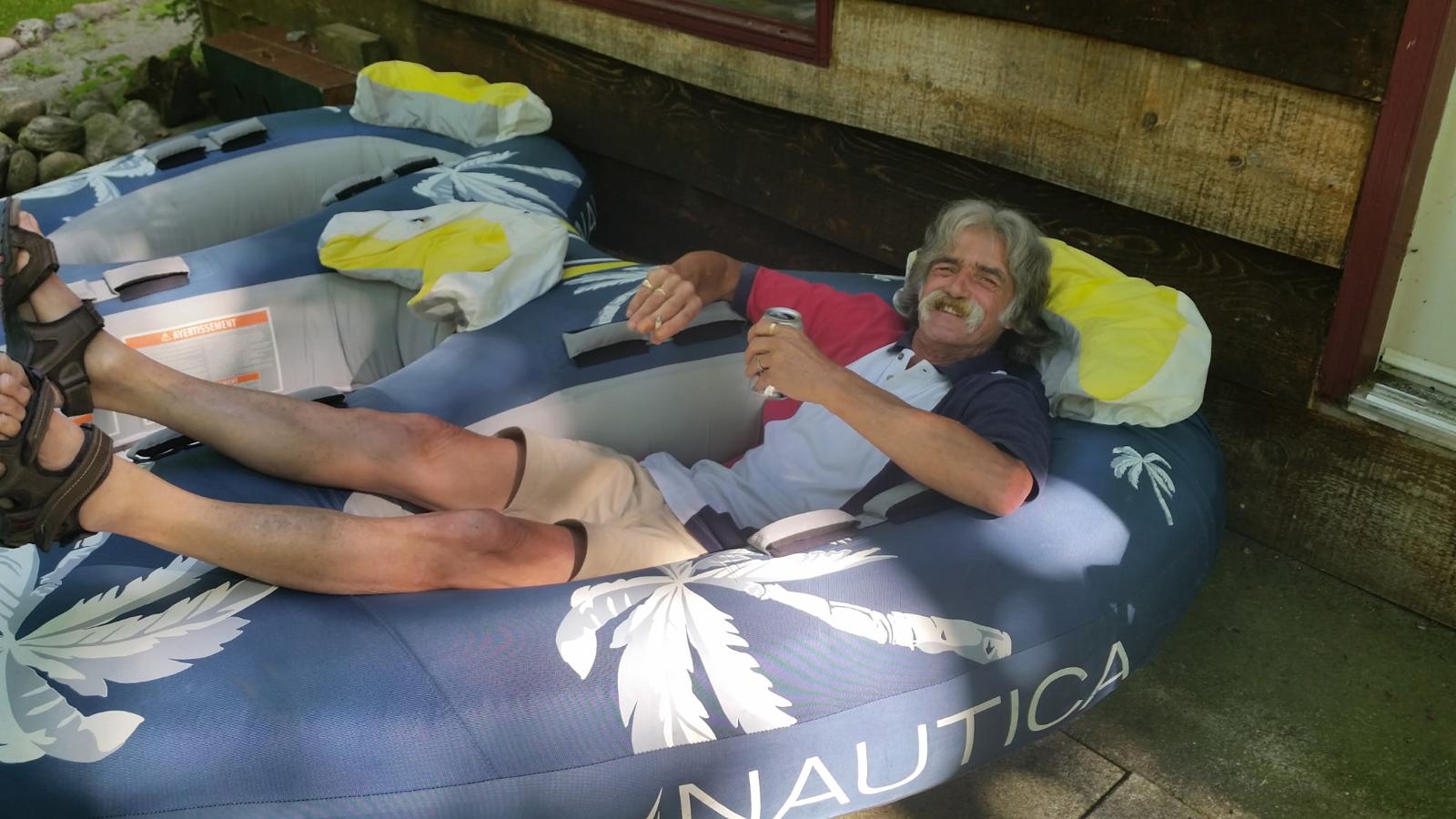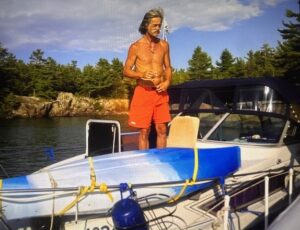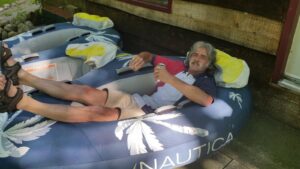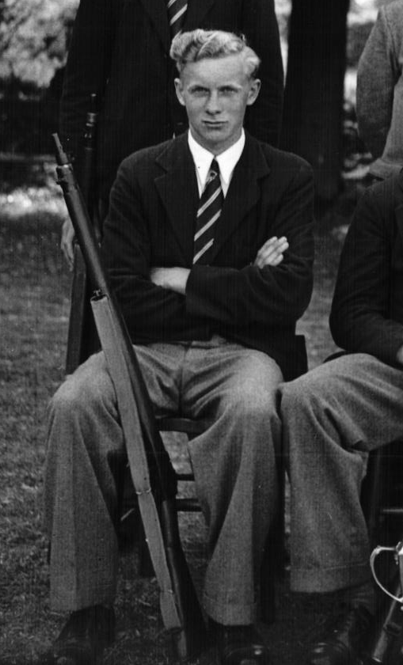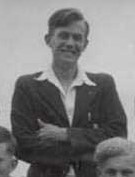Noticeboard
A collection of news about the wider OF Family. We rely entirely on people like you for these entries. If you’re logged in, you can post directly to the relevant section. If you aren’t, and even if you aren’t an OF, you can go to Contact Us (top of your screen) and complete a form to send us your news.
Deaths
Sophia Emma van den Arend MBE (Hon OF)
-
When19 July 2025
-
WhereChelsea, London
She died peacefully at home on 19th July 2025. She was made an Hon OF on 26 March 2011. She was appointed as Governor of the College in 1996 and retired as a Governor in 2015. She was the wife of the late Jeremy, adored mother of Henrietta, Charles and Nicholas and much loved grandmother of Freddie, Archie, Mary, Alistair, Joshua, Johnny, Thomas and Arthur.
She was awarded the MBE in the Queens Birthday Honours List in 2010 for “For voluntary service to the British Red Cross Society”.
There will be a private funeral followed by a Service of Thanksgiving at Chelsea Old Church, London SW3 5LT on Tuesday 16th September at 2.30 p.m.
Deaths
Mike Vipond (Hon OF)
-
When25 July 2025
-
WhereHeath Road Hospital, Ipswich
-
Story
Mike Vipond (Hon OF) died on 25 July 2025, in Ipswich Hospital. He and his wife Ann were currently resident at Foxearth Care Home, Saxtead, Suffolk. He was made an Hon OF on 30 March 1991.
During his long years of service at Brandeston Hall, Framlingham College Prep School, from the mid-1970’s through to the late 1990’s, Mike was Head of Wolsey (Green) House and undertook multiple responsibilities that, at one time or another, included Director of Studies, Head of Boarding and Drama and a spell coaching a very successful 1st Rugby XV.
He was also an ordained Deacon in the Catholic Church and had been “running” St Clares, Framlingham, for many years. He is also a published poet. More recently, he was a key member of Soul Food and ran the Framlingham Food Bank. In his retirement he and his wife Ann, had continued to reside in Framlingham where they were very much part of the local community. Our sincere condolences are extended to Ann and O.F. sons, Andrew and Dominic.
The funeral rites will be at Saint Clare’s Church, Framlingham. The Reception of body will be on Sunday, 10th August at 5.00 p.m. Requiem Mass followed by burial will be on Monday, 11th August at 11.00 a.m.
Deaths
Ian Shelton Gibbons (R64-68)
-
When21 October 2015
-
WhereMexico
-
Age64
Following the death of this brother Gordon Gibbons (R66-71) we have realised that his brother Ian died back in 2015. He passed away suddenly whilst on holiday in Mexico. He left a wife Jennifer, son Tony and grandchildren.
Deaths
David Stanley Twite (R50-57)
-
When30 March 2025
-
WhereBury St Edmunds, Suffolk
-
Age85
His daughter Nicola got in touch to say that her father David Stanley Twite (R50-57) had died on 30 March 2025 at the age of 85. His funeral was held on 1 May 2025 at 1pm at The West Suffolk Crematorium, St Edmund’s Chapel Risby, Bury St Edmunds, Suffolk, IP28 6RR.
She has sent the following tribute :
David Twite 27th July 1939 – 30th March 2025
Dad was born in 1939, in Aldeburgh, Suffolk. His father was a policeman, serving in the East Suffolk Constabulary, and the family home was the Police Station in Kelsale.
Dad was a child during the second world war and remembers this time and events, some of which he spoke of. The flying bomb that narrowly missed their house and walking across a fen to get to school, hearing the sirens sounding and jumping in a ditch just as a German bomber passed overhead and he was able to clearly see the tail gunner.
Dad moved a few times during childhood as his father was promoted, living in Lowestoft and then Framlingham. Whilst in Framlingham he passed his 11 plus and was eligible to go to Brandeston Hall, which at that time was a Direct Grant School. He started there in September 1950 – biking to and from school 5 miles each way 6 days a week, in all weather. He moved on to Framlingham college in 1953, attending as a day boy and was in Rendlesham House. He went on to join the sixth form in 1955 and in September 1956 was made a house prefect. This meant he had to return to school after supper at home to supervise prep for the boarders, his school day was 8.30am – 9.30pm. His sons Mark and Andrew later followed in his footsteps although attended as boarders.
At school Dad was involved in sports – rugby, football and cricket and was also a member of the CCF. During school holidays he worked as a labourer in the fields. He left school on his 18th birthday in 1957. His father wanted him to be a policeman but Dad wasn’t keen, so his father even tried to get his Chief Constable to persuade him – but to no avail. Instead, he went on to do an apprenticeship at GEC Coventry, training in telecommunications and was there 1957-1962.
It was whilst in Coventry he met our Mum – Pat. In 1962 our parents were married and went to live in Bridge, Kent where they started their family, having me (Nicola) in 1966. They moved on to Chilwell, Nottingham, living there only a short time before emigrating to America. They decided to go by ship, taking the last voyage of the Queen Mary in September 1967.
In America Dad first worked in Galion, Ohio where Mark and Andrew were both born. Then in 1974 we moved to Anchorage, Alaska. In 1978, my parents made the decision to return home to England. We lived just outside Framlingham for 6 months with our grandmother before Dad got a job in Maidenhead and we moved to a village in Oxfordshire. Only a year later Dad started work overseas again, this time in Jordan. At this point Nicola and Mark went to boarding school in Suffolk, Nicola to All Hallows, Ditchingham, Mark to Framlingham College, Andrew later joined them attending Brandeston then Framlingham.
From Jordan his next job move was to Saudi Arabia and he also spent time working in Ghana. During his retirement travelling continued to be a theme with he and Mum making trips to Europe, Sri Lanka, Thailand, Singapore, Canada, America and many other places.
Dad had a keen interest in genealogy and researched the Twite family tree right back to the 1600’s. He also enjoyed gardening.
Sadly, Mum died unexpectedly in 2014. Dad continued to keep busy in his village community of Garboldisham, going on rambles with the local walking groups, attending the Methodist chapel in the village, and joined the U3A helping with genealogy club and going to the gardening club.
In 2022 Dad finally took the big decision to move from the family home of over 40 years to a smaller flat in an independent living complex, Oxlip House, in Bury St Edmunds. It was a big adjustment for him, but he embraced his new home getting involved in activities on offer and going to the on-site restaurant for his meals every day, making new friends. Sadly, over the last few years his health had been failing with several hospital admissions, each one taking more of a toll on him. Just after Christmas he suffered a stroke and although he got back to his flat, he never really recovered and had his final hospital admission. He died on 30th March, 2025 age 85.
Deaths
Gordon Gibbons (R66-71)
-
When31 March 2025
-
WhereOntario, Canada
-
Age71
We have been advised by Robert Craig (R63-70) that his good friend of nearly 60 years has died. Here is what he said :
It is with sadness that I inform you of the passing of our contemporary Gordon Gibbons (R 66-71) on March 31st of this year after a short illness. Gibbo was a good friend both at school and in adult life; we video called on a not infrequent basis, usually for a couple of hours at a time. We last met in Toronto in 2014 and we had planned to meet up again this year. Disappointingly, he called on March 17th to inform me he’d been admitted to a hospice. I last spoke to him briefly on March 25th and a few days later he was gone. During our conversation of the 17th he was nothing but complimentary about the establishment, and I can tell you he was remarkably upbeat even in the face of his dire situation; no surprise to anyone who knew him.
Gibbo was an excellent sportsman. He represented Fram at Cricket (1st XI wicket keeper and early order batsman), Rugby (1st XV fly half), Tennis (doubles with me at Wimbledon schools and other tournaments), and he was awarded the Rendlesham square. After Fram he became a financial trader with the London branch of the Toronto Dominion bank until, and as a measure of his ability, in 1978 aged just 25 he was offered a transfer to the head office in Toronto to continue trading in Canada; an offer he accepted. Later Gibbo moved from Toronto to Tiny Township, a beach area on the Southern reaches of Georgian Bay, where he spent much of the Summers with his family on his rather large motor launch. He is survived by his wife of 44 years Lynn, their children Sasha and Christopher, and grandchildren Alexandria and Mackenzie (from Sasha and Steve).
Deaths
Rodney Walker (G45-49)
-
When26 January 2025
-
WhereBlandford Grange Care Home, Dorset
-
Age93
-
Story
His son Mike Walker (66-67) notified us that he died on 26 January 2025 in Blandford Grange Care Home. He was a regular attendee of the SOF West Of England Suppers.
Please click on the link to read the full eulogy provided by Mike.
Deaths
Raymond Leslie Trevethick (G45-53)
-
When5 March 2025
-
WhereAylsham, Norfolk
-
Age90
Rachel Bailey has notified us that her father passed away last Wednesday, 5 March 2025. This was following a short spell in hospital, having had a chest infection.
She says “He had the most incredible life and career, on the back of his time at Framlingham College and then at Sandhurst College. Framlingham College, has always been at the centre of his world and had left a huge foot print on his heart. When he fell recently, he said to himself “don’t just lay here Trevethick, you’re a Fram Boy, get up and get help”. Another time I witnessed, during blood tests, “just get on with it nurse, it won’t hurt, I’m a Fram Boy” the last one was, to me “I’m a Fram Boy, this won’t get me down. I’ll soon be back at Halsey House and I’ll buy everyone a beer. I might even have one myself” of course, very sadly he didn’t. We’ve heard over the years, so many wonderful stories of his time within the Fram family. I know he cherished every moment with you all. He loved attending the functions, until he became too weak to travel very far. I know his heart ached not being able to go.”
His funeral will be on Friday 4th April 2025 at 11.00am at Cromer Crematorium, Holt Road, Cromer, Norfolk, NR27 9JJ
Deaths
Dudley Frank Wright (K46-52)
-
When14 December 2022
-
WhereColchester, Essex
-
Age87
-
Story
We have just been notified by his son that Dudley Frank Wright (K46-52) died on 14 December 2022. He was born in Colchester and he and his father before him, owned the former butchers on Crouch Street, Frank Wright & Son. He was a keen sportsman and member of the Colchester Golf Club.
Click on the link above to read his son’s lovely eulogy to his late father.
A private family funeral was held in January 2023.
Deaths
David Hugh Hodge BEM (S44-50)
-
When6 February 2025
-
WhereCockfield Hall, Bury St Edmunds, Suffolk
-
Age91
David died peacefully at home (in the house in which he was born) on 6th February, 2025, after many years of frustrating ill health. Beloved husband to Gillian for 66 years, father of Judith and Andrew and grandfather of Charles and Eleanor, and Rebecca. A private family cremation will be followed by a Thanksgiving Service on Saturday 8th March, 12 noon at St Peter’s Church, Cockfield IP30 0LA. Family flowers only, but donations in his memory to Suffolk Community Foundation can be sent c/o W A Deacon Funeral Services, 3 Norman Way, Lavenham, CO10 9PY.
On 17 June 2017 David was awarded the British Empire Medal for services to the community in Cockfield, Suffolk.

